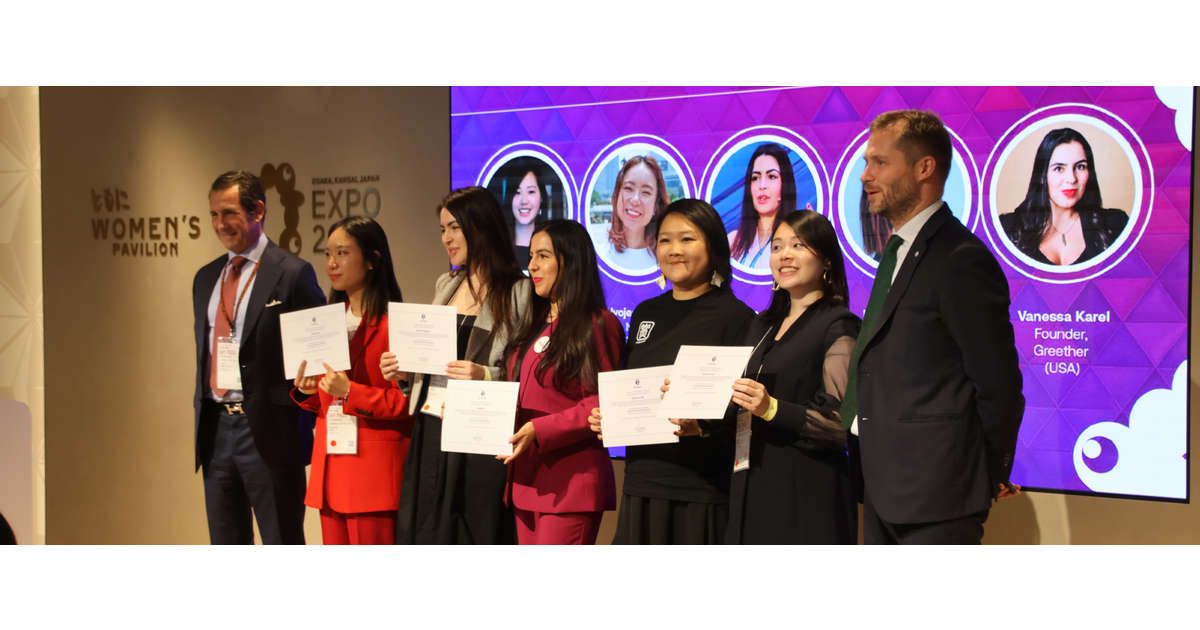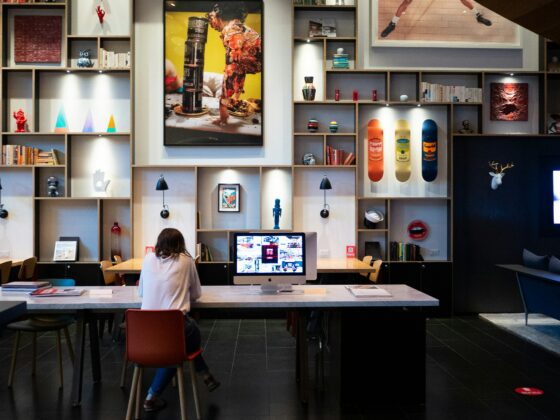
At Japan’s Expo 2025, UN Tourism highlighted the key role of innovation and education for driving transformation and female empowerment in the sector.
Welcoming around 28 million visitors from more than 150 countries, the Expo serves as a leading global platform for ideas and solutions, with an emphasis on the 2030 Agenda for Sustainable Development. In Osaka, UN Tourism hosted two official forums, uniting public and private sector leaders to focus on key priorities for the sector.
At Expo 25, we are proud to show that tourism is more than a sector—it is a catalyst for sustainable development, social inclusion, and tech advancement. At UN Tourism, we are placing women’s talent at the heart of this journey, supporting the creativity, leadership, and resilience of women across the globe. We also prioritize investments. We work to ensure every dollar invested contributes to a greener, fairer, and more resilient future. UN Tourism Director of Innovation, Education and Investment Antonio López De Ávila
Women’s empowerment in tourism
The “Celebrating Female Founders Forum” (April 28) was dedicated to highlighting female-led innovation, promoting inclusion in tourism technology, and emphasizing the importance of mentorship networks. The event made clear the critical role women play in the tech startup ecosystem, exploring strategies for overcoming challenges and leveraging opportunities to create a more inclusive and diverse tech industry.
The programme featured opening remarks from representatives of the United Nations at Expo 2025, the Japan Tourism Agency, and UN Tourism. A key panel gathered senior female executives from leading travel groups, digital tourism platforms, and international hospitality companies. The discussion explored how innovation, inclusion, and strategic leadership are transforming the tourism sector, with a particular focus on advancing diversity, equity, and market access.
In a vibrant pitching round, female founders from Japan (ByFood), Korea (NomadHer), the United Arab Emirates (Xenios Academy), SAR, China (Shake to Win), and the United States (Greether) presented forward-looking business models, showcasing how women are connecting technology with sustainable growth and social impact.
Investments for the future
Between 2019 and 2024, the Asia-Pacific region attracted a total of 442 foreign direct investment (FDI) projects in the tourism sector, with an estimated capital expenditure of USD 37.55 billion. These investments resulted in over 77,000 direct jobs and involved 274 companies across various destinations. Japan accounted for 33 FDI projects, totalling an investment of USD 2.57 billion.
Recognizing this potential, UN Tourism hosted the “Global Tourism Investment Forum – Co-creating Culture for the Future” (April 29). The forum emphasized on key investment trends and strategies for sustainable, community-centred tourism growth. As well as a “Fireside Chat” moderated by Nikkei Inc, platforming local voices such as Kiraku Inc or a community led initiative from Vanuatu, a high-level dialogue emphasized the role of investment as a driver of sustainable and inclusive growth. The discussions benefitted from the participation of private sector leaders, including executives from JTB, Kansai Airports, Plug and Play Japan, Hyatt, Destination Capital and Dossen and guided by Travel Voice Japan.
As the Forum came to a close, participants were reminded that tourism investment goes beyond infrastructure and capital—it is fundamentally about people, culture, and long-term impact. From heritage-led models to innovation-driven partnerships, the sessions demonstrated that shaping the future of tourism demands vision, collaboration, and a shared commitment to inclusive and sustainable development.
About UN Tourism
UN Tourism is the United Nations agency responsible for the promotion of responsible, sustainable and universally accessible tourism. An intergovernmental organization, UN Tourism has 160 Member States, 6 Associate Members, 2 Observers and over 500 Affiliate Members. The General Assembly is the supreme organ of the Organization. The Executive Council takes all measures, in consultation with the Secretary-General, for the implementation of the decisions and recommendations of the General Assembly and reports to the Assembly. UN Tourism headquarters are based in Madrid, Spain. The election for Secretary General will be in May 2025.







